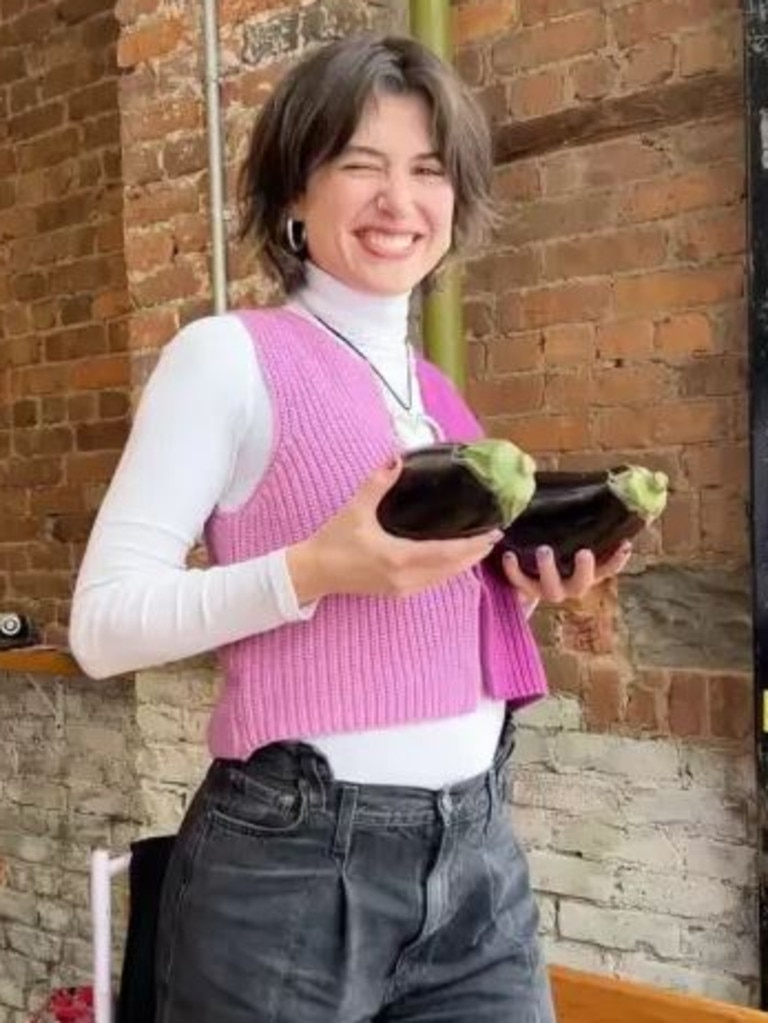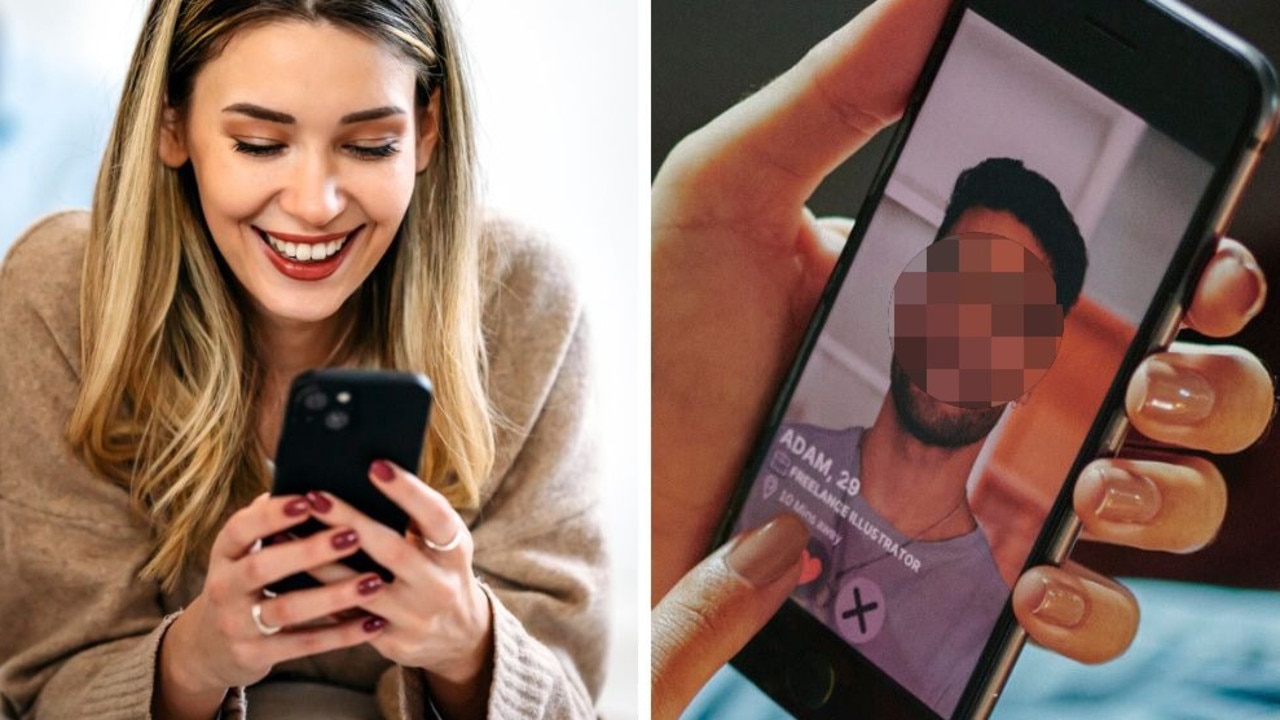Are there benefits to going ‘boy sober’? Inside new Gen Z dating trend
Boy-crazy Gen Z singles are getting clean – embracing an “empowering” new attitude when it comes to dating.

Boy-crazy Gen Z singles are getting clean.
The rules of dating are different now that TikTok has become the platform du jour for young adults to swap hook-up horror stories as they struggle to make sense of their “situationships”, The New York Post reports.
Now, some single women have declared themselves “boy sober” – a term coined late last year by comedian Hope Woodard, who made it her New Year’s resolution.


“‘Celibate’ does not sound cool,” the 27-year-old said in a TikTok clip of her decision to take a break from romantic pursuits – which she’s since spun off into a live comedy and storytelling performance in New York.
In an earlier post on the social media platform, Woodard disseminated a list of rules for going bona fide boy sober: no dating apps, no dates, no exes, no hook-ups.
“My whole life I’ve been saying ‘I’m single, I’m single, I’m single’ – no, I’ve never been single. I’ve always had a situationship – you’re not single if someone is taking up your brain space,” the Brooklyn-based comedian said in the video, which has more than 590,000 views.


Proponents of boy sobriety told Woodward the move was “life-changing”, while others expressed fear that they may not be up to the task.
“I’m taking notes but not making promises,” one said.
Relationship experts lauded the trend in a report by Indy100, calling it “empowering” – but only if women take that time to focus on personal growth.
It’s crucial to embark on boy sobriety the right way, according to UK-based relationship coach Lara Besbrode of The Matchmaker UK.
More Coverage
“This journey begins with introspection – understanding personal values and finding joy in one’s own accomplishments and happiness outside of external validation,” she said.
“Engaging in activities that boost self-esteem and offer personal satisfaction is key. Whether it’s pursuing hobbies, focusing on career goals, or indulging in self-care, the aim is to appreciate one’s own company and achievements, realising that true validation comes from within, not from the approval of others.”
This article originally appeared on The New York Post and was reproduced with permission





